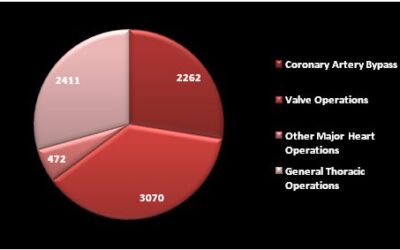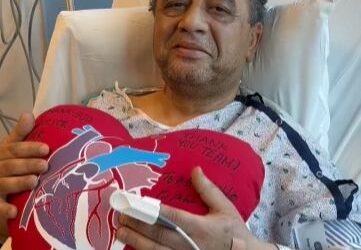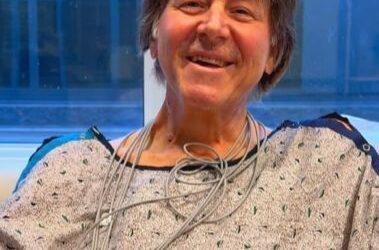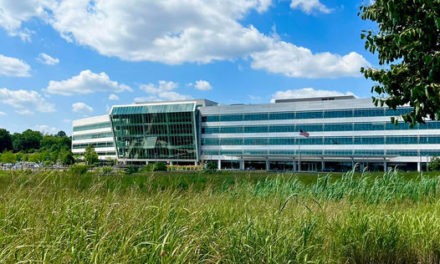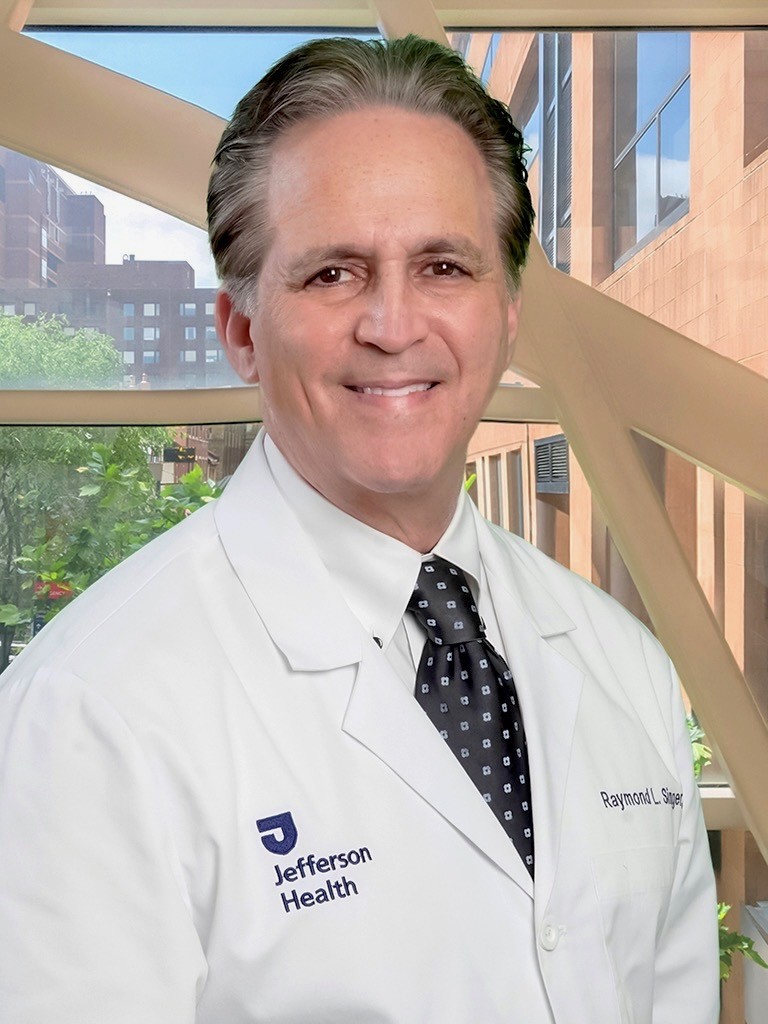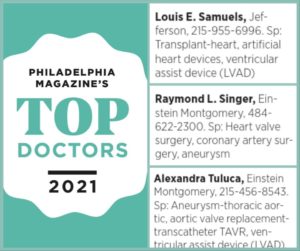47-year-old man developed severe mitral valve prolapse and atrial fibrillation
Atrial fibrillation is a common consequence of mitral valve prolapse with severe mitral regurgitation. The leaking mitral valve results in an increase in blood volume and pressure in the left atrium which in turn can lead to progressive scarring of the atrial wall, followed by atrial enlargement, and eventually electrical disturbances.
Atrial fibrillation is the most common result and is a serious sequela of mitral prolapse with regurgitation, because it is associated with adverse cardiovascular events and decreased survival. For example, patients with atrial fibrillation associated with valvular heart disease are at an increased risk for embolic stroke from clot forming in the left atrium, particularly in the left atrial appendage.
However, if early surgical intervention with mitral valve repair and a radio-frequency maze procedure is performed, the patients will enjoy normal longevity as well as a markedly improved quality of life.
With permission from this patient to post, this 47-year-old man developed sudden severe mitral regurgitation and atrial fibrillation due to Barlow’s Syndrome—excess mitral leaflet tissue, bi-leaflet prolapse, with rapid atrial fibrillation. His symptoms included extreme lethargy and shortness of breath.
He underwent a complex bi-leaflet mitral valve repair and a radio-frequency maze procedure via a median sternotomy, including a clip occlusion of the left atrial appendage to prevent the risk of embolic strokes in the future.
He is being discharged to home on postoperative day 4 with restoration of normal sinus rhythm and a well-repaired mitral valve. He reports minimal to no incisional discomfort.
Recent Posts
When is the Best Time to Exercise?
This video talks about the advantages of exercising in the morning. Morning workouts release endorphins and improve blood flow, helping you to feel more energized and mentally sharp throughout your day. There are fewer distractions in the morning and it makes it...
May is Mental Health Awareness Month
Let’s take this opportunity to reflect on something essential, yet often overlooked in professional environments: our mental well-being. In a world that values productivity and performance, it’s easy to forget that behind every deadline, meeting, or project is a human...
10 Jefferson Hospitals Earn an “A” Safety Grade
We are incredibly proud to announce that 10 Jefferson Health hospitals have received an "A" Hospital Safety Grade from The Leapfrog Group for Spring 2025. This recognition underscores our commitment to improve patient lives and prioritize their safety across our...
Patient Outcomes – May 1, 2025
Nothing can be more important than knowing the experience level of your surgeon. Generally speaking, the more you do something, the better you become! Since entering practice in 1992, I have performed over 8,215 major heart and lung operations and numerous minor...
Day #5 After CABG Surgery
With the patient’s permission, this video discusses the post-operative journey of an individual who underwent urgent/emergent conventional sternotomy, triple-vessel coronary artery bypass graft (CABG) surgery, after developing severe chest pain with ECG changes during...
Left Thoracotomy for Complex Mitral Valve Replacement
This is a unique case of a 64-year-old man who had a history of Hodgkins disease with mantle radiation to his chest. I had performed a surgical aortic valve replacement 10 years prior with a biological valve that is still working well. The patient now presented with...
Featured
Pages
- Learn about heart valves. Heart Valves
- Read testimonials. Testimonials
- Did you know I have a consulting firm? Singer Heart/Lung Consulting
- Check out my TedTalk! Defining Success
Links
- Links page with more information about your heart. Links
- Dr. Adam Pick's Site: heart-valve-surgery.com




